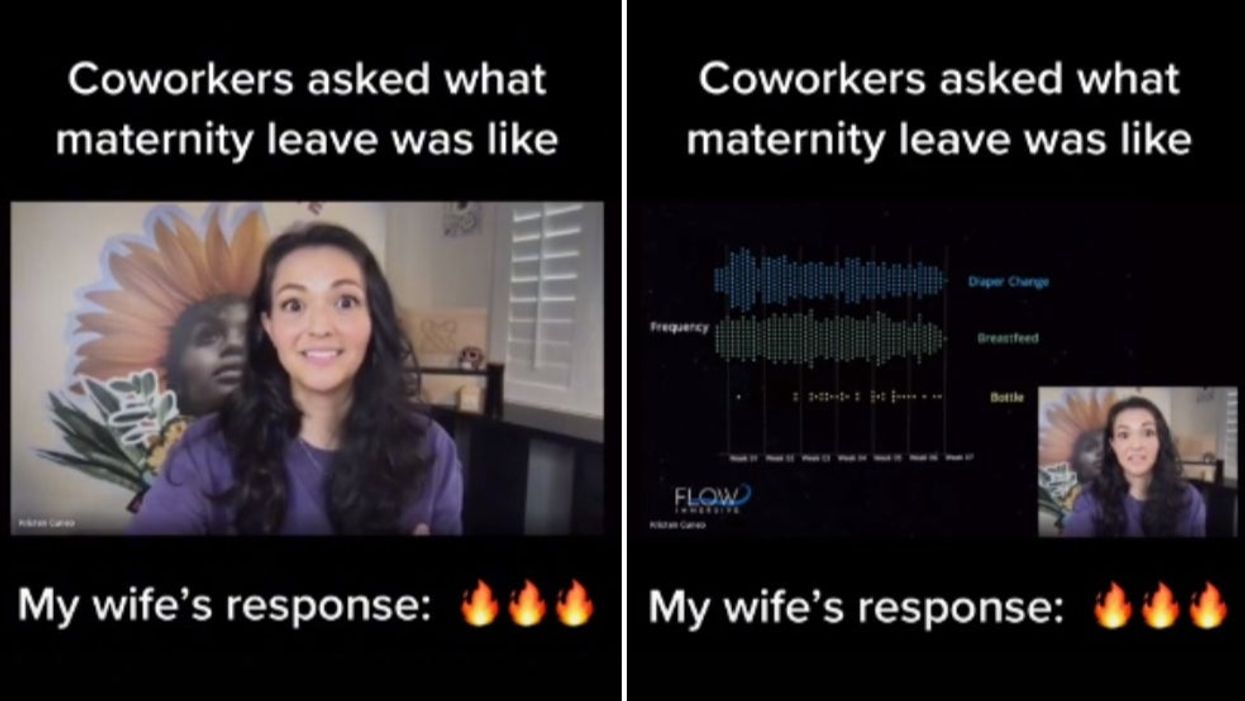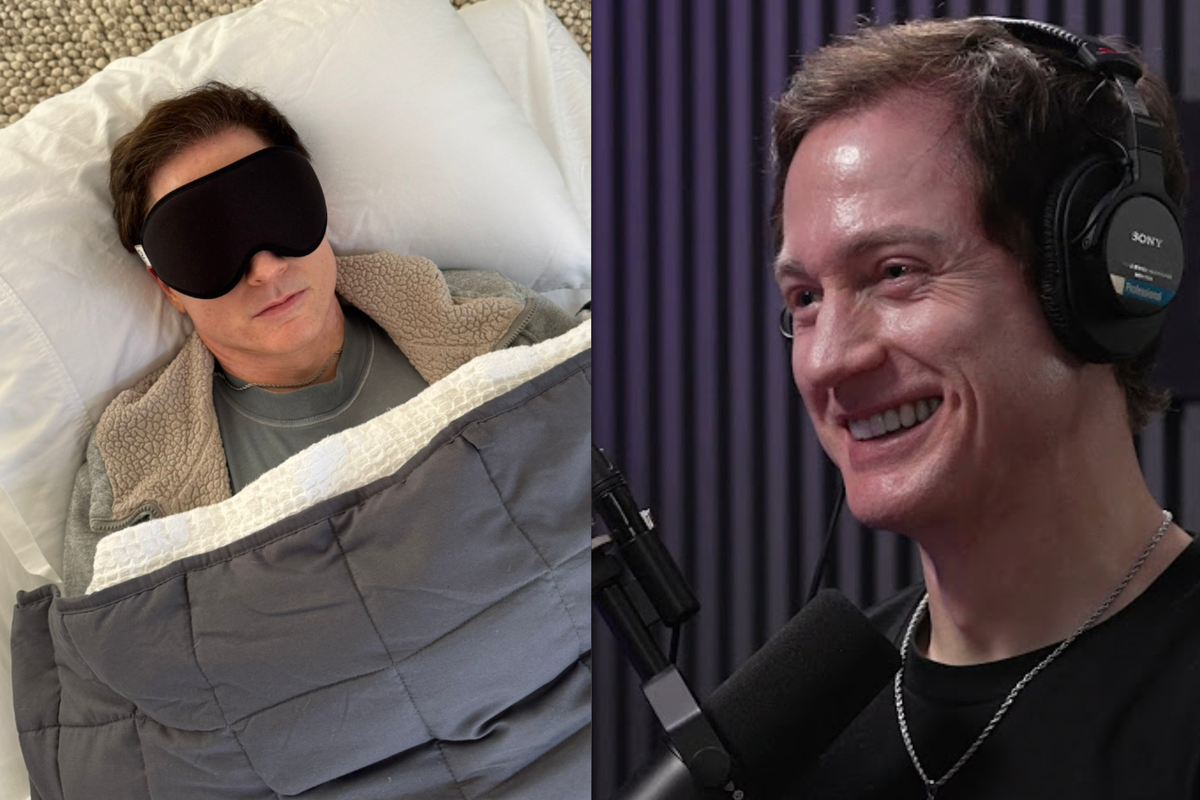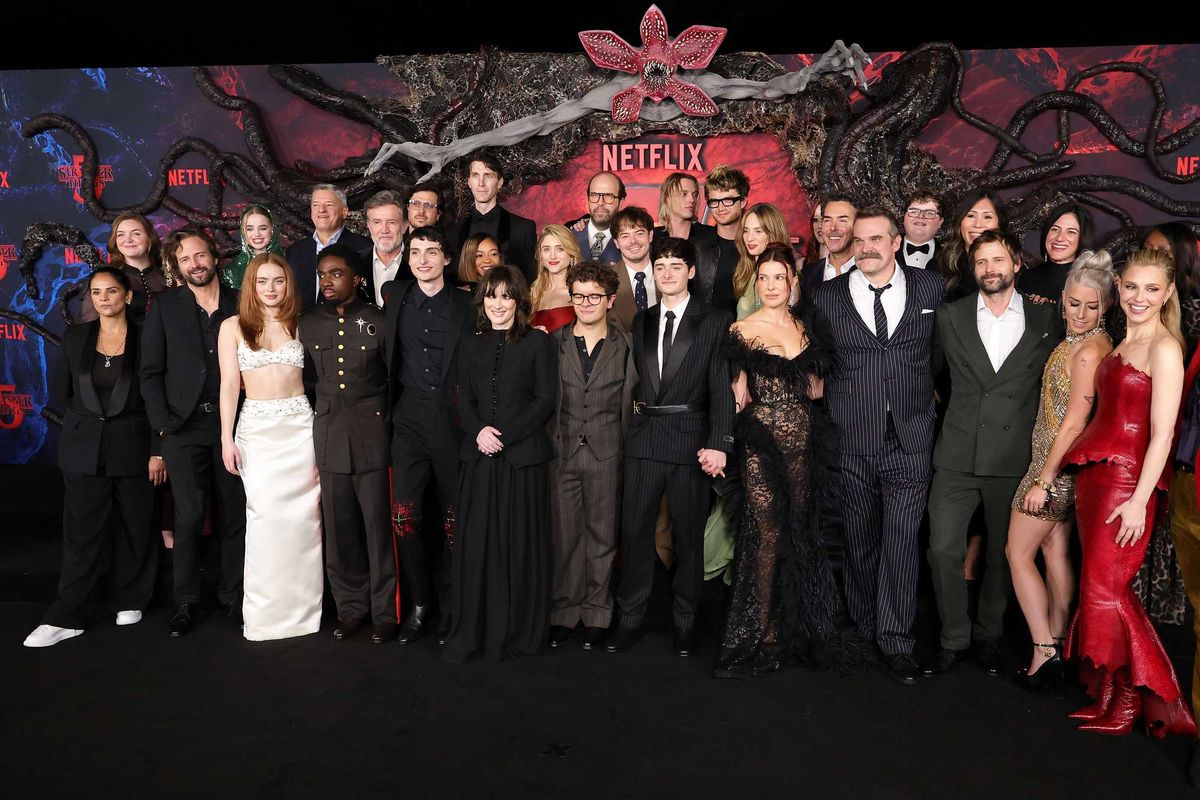Becoming a new parent is an overwhelming experience that certainly changes your life.
Now one mum has gone viral on TikTok after revealing through data collection and her personal experience how day-to-day life will actually change.
It all started when Kristen Cuneo returned back to work via Zoom from parental leave after giving birth to her 10-month-old daughter Autumn, and was asked by her co-workers how her time off was.
So new mum decided to give an accurate breakdown of how she spent her time.
Within the 45-second-clip, each data point represents a childcare task Cuneo was doing – from diaper changing, to breastfeeding and bottle feeding – in order to calculate how many times she did each of these tasks every week.
“This is every diaper feed, breastfeed, and bottle feed for the first seven weeks of Autumn’s life,” Cuneo explained in the video.
“Objectively, it’s a lot. And every data point took time, ranging from five minutes for a diaper change to 30 minutes for a feeding on average.”
@the.data.guy Let’s be real @lifeof.kristenc is definitely the main character in this house.
If that wasn’t impressive enough, Cuneo then also kept note of what time she completed each task so she could transition the data points into a more accurate graph where the points would plot out, not only how often she would need to do these things, but also at what time in the day.
(And going by the graph, it doesn’t look like she had a lot of breaks or sleep for the first few weeks).
“The real kicker is when it happens. 24 hours a day,” the new mum admitted.
“The midnight bottle feed play by my husband in the third week made it finally possible for me to get more than a three hour stretch of sleep.”
Sign up to our free Indy100 weekly newsletter
Her husband, Michael DiBenigno, co-founder of data visualisation company Flow Immersive, decided the presentation was too good and informative not to share to his TikTok account (@that.data.guy), and the video quickly went viral gaining 1.8m views and over 265,000 likes.
Thousands of people also left comments sharing how impressed they were with Cuneo’s study.
One person wrote: “Oh my god, this woman needs to be in front of Congress.”
“People who don’t support family leave think it’s a vacation,” another person said, adding a clown emoji.
Someone else replied: “And that does not include laundry, bathing, well baby checkups, getting baby to sleep, fussy baby, or the fact that baby needs to be held constantly.”
“THIS is why we need more woman in STEM! Data mining the stuff that matters!” a fourth person replied.
Cuneo and DiBenigno were able to collect the data through using Glow, a baby habit tracker to see what times they were carrying out feeds and changes and then DiBenigno reached out to the app and asked for the data which is what Cuneo used in her presentation.
“The labor and love of raising children has often been thought of as invisible. What I love about the use of data in this case, is that in a sort of a weird way, it just helps validate… There might be people who don’t feel seen and heard, because the work that they’re doing is not seen. So I love that the data is able to make it feel more visible,” Cuneo told Mashable.
Currently in the US, new parents are not given mandated paid leave. But the Democrats are pushing to introduce this as part of President Biden’s $1.75 trillion social spending package. Though the original proposal of 12 weeks of paid leave has now been cut down to four weeks.
There is one Senator in opposition - West Virginia Democrat, Joe Manchin.
Meghan Markle has been a vocal advocate for paid parental leave, and wrote a open letter to Speaker of the House Nancy Pelosi and Senate Majority Leader Chuck Schumer about the importance of this being passed.
“When paid leave is a right, we’re creating a foundation that helps address mental health outcomes, health care costs, and economic strength at the starting line,” she wrote in the letter published by campaign group Paid Leave For All.
Cuneo also echoed these sentiments, telling Mashable: “Not to make too much of a political statement here, but when our society doesn’t support parental leave, to many parents who might be struggling it’s like saying, ‘Oh, I don’t see you. I don’t see the struggle that you’re having right now.’”














